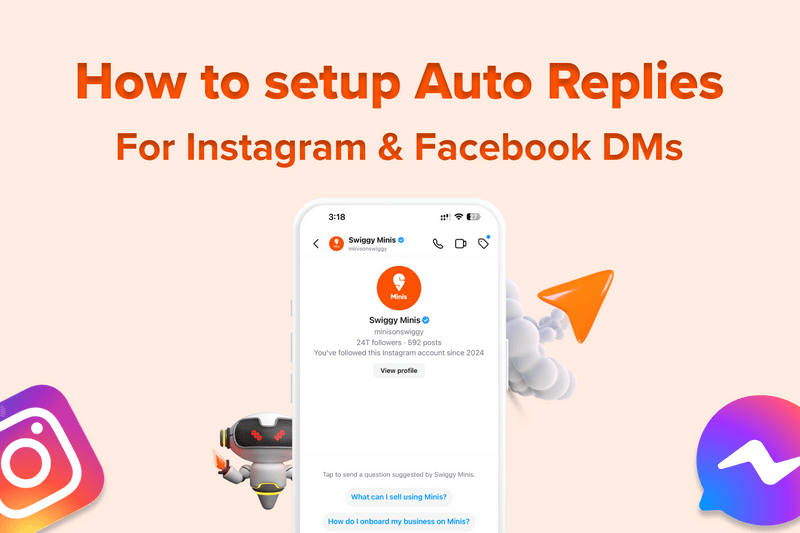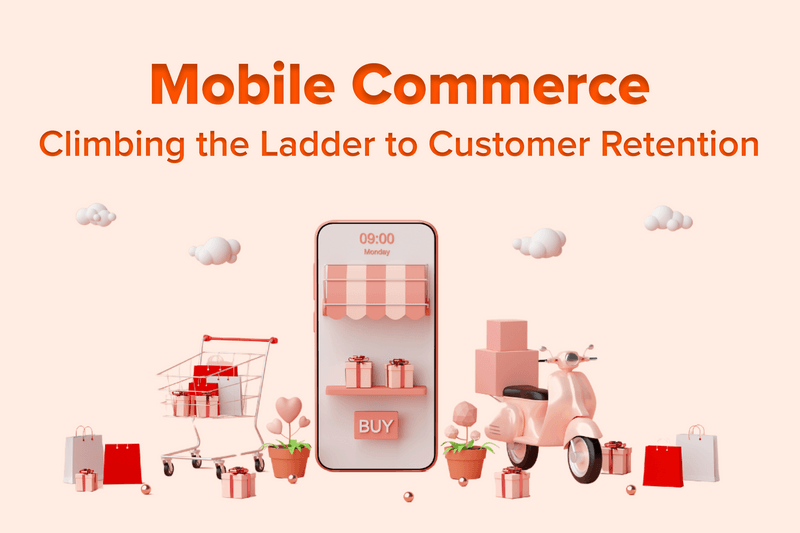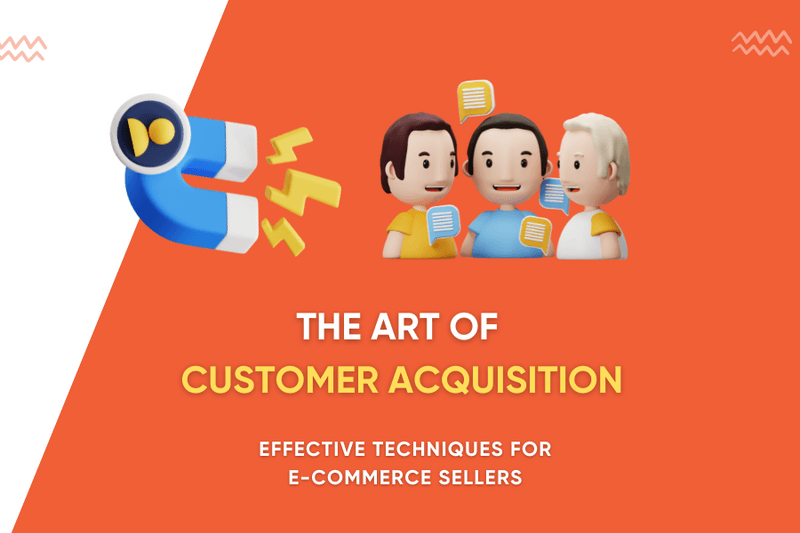
In today's digital world, where information is readily available at our fingertips, content marketing has become a crucial tool for businesses to engage and connect with their target audience. With the ever-increasing competition in the e-commerce industry, it is more important than ever to stand out from the crowd and make your brand heard. In this blog, we will delve into the importance of content marketing in e-commerce, its impact on your business, the challenges you might face during the process, and explore a couple of interesting headings that shed light on specific aspects of this strategy.
Contents
Importance of Content Marketing and its impact on your business

In the noisy and crowded digital space, content marketing provides a way to cut through the clutter and stand out. By creating and delivering valuable, informative, and entertaining content to your target audience, you can establish trust and credibility. Effective content marketing can bring about significant positive impacts on your e-commerce business. Engaged customers are more likely to spend more time browsing your website, increasing the chances of conversion. Valuable content also enhances your website's search engine optimization (SEO) efforts, improving your visibility and attracting organic traffic.
Additionally, compelling content can be shared across social media platforms, expanding your reach and enabling more potential customers to discover your brand. With consistent effort in content marketing, you may witness improved brand awareness, increased customer engagement, and ultimately, a boost in your revenue.
Tips for effective content marketing in E-commerce

- Know your audience:
Conduct thorough research to understand your target audience's demographics, interests, and pain points. This knowledge will help you create content that resonates with them and addresses their specific needs. - Focus on quality over quantity:
Rather than churning out a large volume of mediocre content, prioritize quality. Create valuable, well-researched, and engaging content that provides genuine value to your audience. - Use various content formats:
Experiment with different content formats such as blog posts, videos, infographics, podcasts, and social media posts. Diversifying your content will help you cater to different preferences and engage a wider audience. - Optimize for search engines:
Incorporate relevant keywords and optimize your content for search engines to improve visibility and organic traffic. Use SEO best practices such as meta tags, internal linking, and descriptive headings to enhance your content's discoverability. - Encourage user-generated content:
Foster customer engagement by actively encouraging users to create and share content related to your brand. User-generated content provides social proof and helps build trust among potential customers. - Collaborate with influencers:
Seek partnerships with influencers within your industry who can help promote your content to a wider audience. Influencer collaborations can add credibility and reach new customers.
Challenges You Might Face

While content marketing can offer numerous benefits, it is not without challenges. Here are some challenges you might encounter during your content marketing journey, along with pointers on how to overcome them.
- Time and resource constraints:
Creating high-quality content takes time and resources, which can be a challenge, especially for small businesses or teams with limited resources. To overcome this, plan your content creation process in advance, prioritize your tasks, and consider outsourcing or hiring additional help if feasible. Streamlining workflows, repurposing content, and using content creation tools can also help save time. - Maintaining consistency:
Consistency is key in content marketing. However, consistently delivering valuable content can be challenging, especially in the long run. Develop a content calendar or editorial schedule to plan your content ahead. Create a content management system or utilize content scheduling tools to organize and schedule your posts. Establishing a workflow and assigning responsibilities to team members can help maintain consistency. - Keeping up with evolving trends:
The digital landscape is continuously evolving, with new trends and technologies emerging regularly. Staying up to date with the latest content marketing trends and adjusting your strategies accordingly can be a challenge. Set aside time for industry research and attend webinars or conferences to stay informed. Follow influential thought leaders in your industry and join relevant online communities to keep abreast of the latest trends. - Balancing promotional and informative content:
Finding the right balance between promotional and informative content can be tricky. While it's important to promote your products or services, overly salesy content can turn off your audience. Strive to provide value first by creating educational, entertaining, or inspiring content that addresses your audience's needs and pain points. Use storytelling techniques to subtly integrate your products or services into your content. - Measuring and proving ROI:
Measuring the effectiveness of your content marketing efforts and proving a return on investment (ROI) can be challenging. Define clear goals and key performance indicators (KPIs) at the outset. Utilize analytics tools to measure website traffic, engagement rates, conversions, and other relevant metrics. Regularly review and analyze data to identify what's working and what's not. Tie your content marketing efforts to specific business outcomes, such as increased sales, customer retention, or brand awareness, to demonstrate ROI.
As we near the end of our journey through the vast realm of content marketing in e-commerce, one thing becomes undeniably clear: engaging your audience is nothing short of an art form. It requires a delicate balance between captivating storytelling and strategic persuasion.
So go ahead – unleash your creativity! Embrace storytelling like no one else.
View more such blogs 📰
The Art of Customer Retention: Strategies for E-Commerce Success🚀
Customer Reviews and their impact on E-Commerce🚀💯
Influencer Marketing: Elevating your E-Commerce Business to new heights🚀
✍️How to write effective Product Descriptions for your online store in India?


